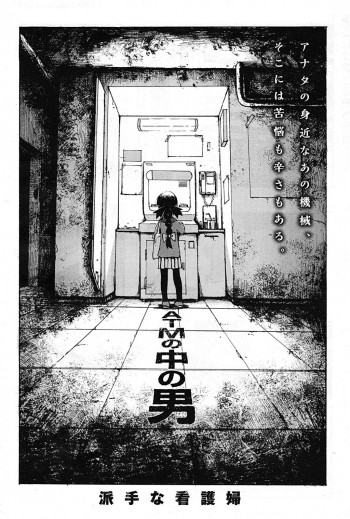Martial Peak Reviews
In her poignant novel, A Heart of Little Faith, Jennifer Wilck crafts a touching narrative that explores themes of love, loss, and the complexities of moving forward after tragedy. Set against the vibrant backdrop of New York City, the story follows Lily Livingston, a widow grappling with the aftermath of her husband's death while raising her spirited six-year-old daughter, Claire. Wilck's ability to weave emotional depth into her characters makes this book a compelling read for anyone who has experienced the trials of love and loss.
Lily is a relatable protagonist, embodying the struggles of many single parents. Her life revolves around balancing her career and motherhood, leaving little room for romance. Wilck does an excellent job of portraying Lily's internal conflict; she is a woman who has loved deeply and lost profoundly, and the thought of opening her heart again is both terrifying and alluring. The author captures Lily's vulnerability beautifully, allowing readers to empathize with her journey as she navigates the complexities of grief and the desire for companionship.
Enter Gideon Stone, a character who defies the traditional romantic hero archetype. Gideon, confined to a wheelchair, is introduced as a man who has also faced significant challenges in his life. His backstory is rich and layered, revealing a depth that makes him more than just a love interest for Lily. Wilck skillfully develops Gideon's character, showcasing his resilience and determination to find happiness despite his circumstances. The chemistry between Lily and Gideon is palpable, and their relationship evolves in a way that feels authentic and organic.
One of the standout themes in A Heart of Little Faith is the idea of overcoming obstacles—both internal and external. Lily's vow against falling in love again serves as a protective barrier, while Gideon's own struggles with self-acceptance and societal perceptions of disability create additional hurdles. Wilck does not shy away from addressing these challenges; instead, she embraces them, allowing her characters to grow and evolve in a realistic manner. The tension between their fears and desires drives the narrative forward, keeping readers engaged and invested in their journey.
The author also explores the theme of faith—both in oneself and in others. As Lily and Gideon navigate their budding relationship, they must confront their insecurities and learn to trust not only each other but also the possibility of a future filled with love. This exploration of faith is nuanced; it is not merely a religious theme but rather a broader commentary on the human experience of believing in the goodness of life after suffering. Wilck's writing encourages readers to reflect on their own beliefs and the ways in which they can find hope amidst despair.
Wilck's prose is both lyrical and accessible, making the story flow effortlessly. Her descriptions of New York City add a vibrant layer to the narrative, creating a sense of place that feels alive and dynamic. The city becomes a character in its own right, reflecting the hustle and bustle of life while also serving as a backdrop for Lily and Gideon's intimate moments. The author’s attention to detail enhances the reading experience, immersing readers in the sights and sounds of the city.
Moreover, the supporting characters in A Heart of Little Faith are well-developed and contribute significantly to the story. Claire, Lily's daughter, is a delightful presence, bringing innocence and joy to the narrative. Her interactions with both her mother and Gideon add depth to the story, highlighting the importance of family and the bonds that tie us together. The secondary characters, including friends and colleagues, provide additional layers of support and challenge, enriching the overall narrative.
In comparison to other contemporary romance novels that tackle similar themes, such as The Light We Lost by Jill Santopolo or Me Before You by Jojo Moyes, Wilck's work stands out for its focus on the intersection of motherhood and romance. While both of those novels delve into love and loss, they often center on the romantic relationship at the expense of familial connections. In contrast, A Heart of Little Faith emphasizes the importance of both romantic and parental love, creating a more holistic view of relationships.
Overall, A Heart of Little Faith is a beautifully crafted story that resonates on multiple levels. Jennifer Wilck's exploration of grief, love, and the courage to embrace new beginnings is both heartwarming and inspiring. The characters are relatable, the themes are profound, and the writing is engaging, making this novel a must-read for anyone who appreciates a heartfelt romance that goes beyond the surface. As readers follow Lily and Gideon on their journey, they are reminded that love can be found in the most unexpected places, and that healing is possible, even after the deepest wounds.
In conclusion, A Heart of Little Faith is a testament to the resilience of the human spirit and the transformative power of love. It invites readers to reflect on their own experiences with loss and the potential for new beginnings, making it a poignant addition to the contemporary romance genre.
























Reviews 0
Post a Reviews: